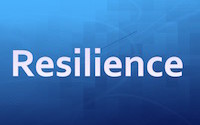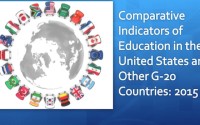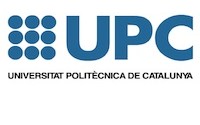
A Comparison of Reading Response Methods to Increase Student Learning
It is common in college courses to test students on the required readings for that course. With a rise in online education it is often the case that students are required to provide evidence of reading the material. However, there is little empirical research stating the best written means to assess that students read the […]
















